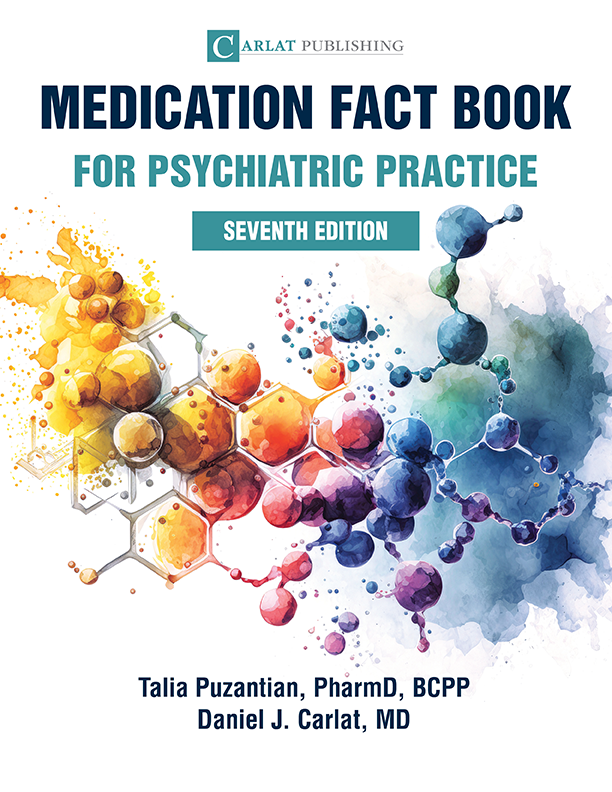General Psychiatry
Investigating Bias in Research
Rebecca Twersky-Kengmana, MD
Psychiatrist in private practice, New York, NY
Dr. Twersky-Kengmana has disclosed that she has no relevant relationships or financial interests in any commercial company pertaining to this educational activity.
Read More
How to Read a Research Article
Joshua Sonkiss, MD
Medical director, Behavioral Health Unit, Fairbanks Memorial Hospital, Fairbanks, AK
Dr. Sonkiss has disclosed that he has no relevant relationships or financial interests in any commercial company pertaining to this educational activity.
Read More
Overview of the FDA Drug Approval Process
Glen Spielmans, PhD
Associate professor of psychology, Metropolitan State University, St. Paul, MN
Glen Spielmans, PhD, has disclosed that he has no relevant financial or other interests in any commercial companies ertaining to this educational activity.
Read More
Research Domain Criteria (RDoC)
Bruce Cuthbert, PhD
Director, Division of Adult Translational Research and Treatment Development, NIMH
Dr. Cuthbert has disclosed that he has no relevant financial or other interests in any commercial companies pertaining to this educational activity.
Read More

_-The-Breakthrough-Antipsychotic-That-Could-Change-Everything.jpg?1729528747)



